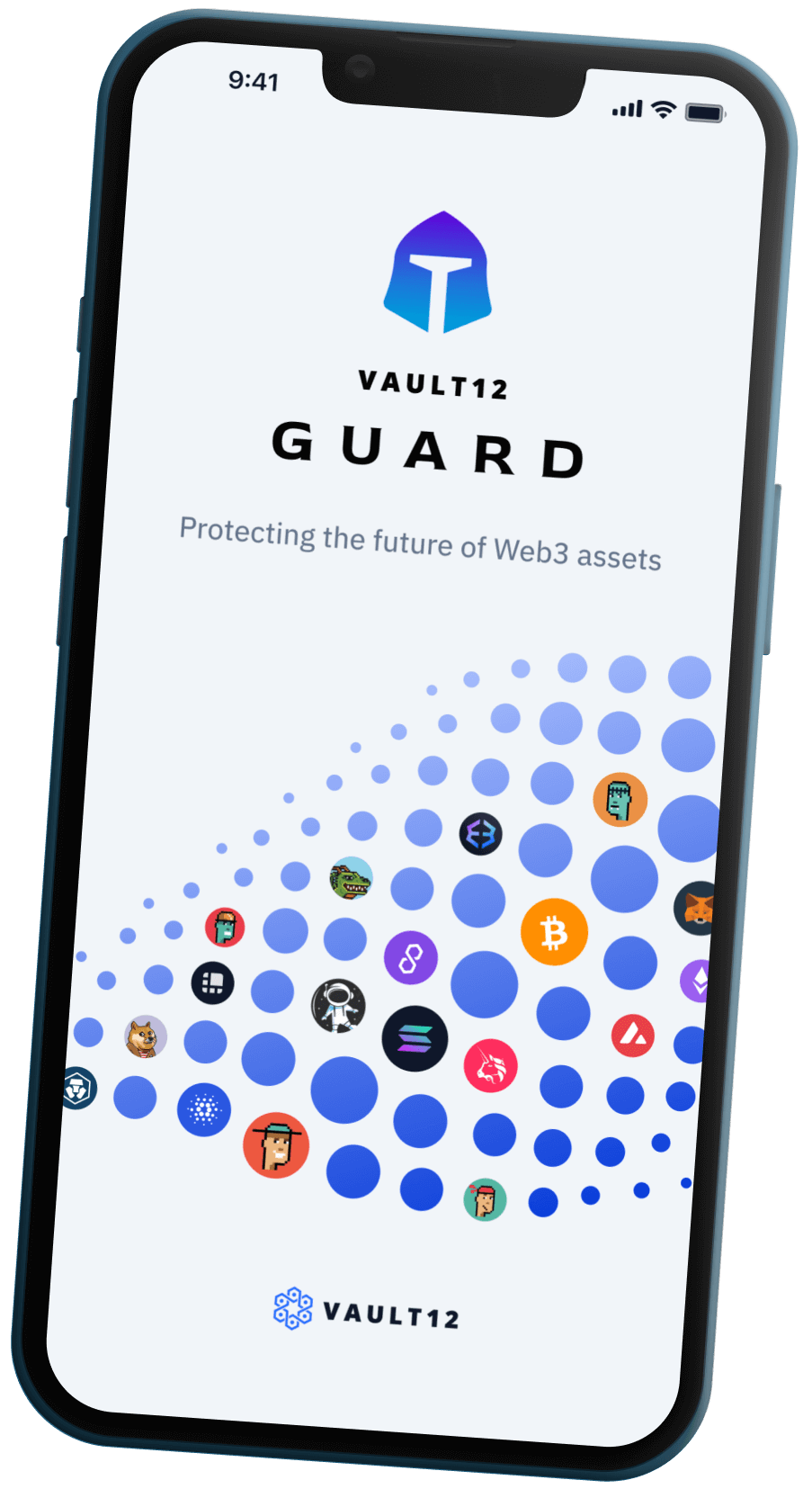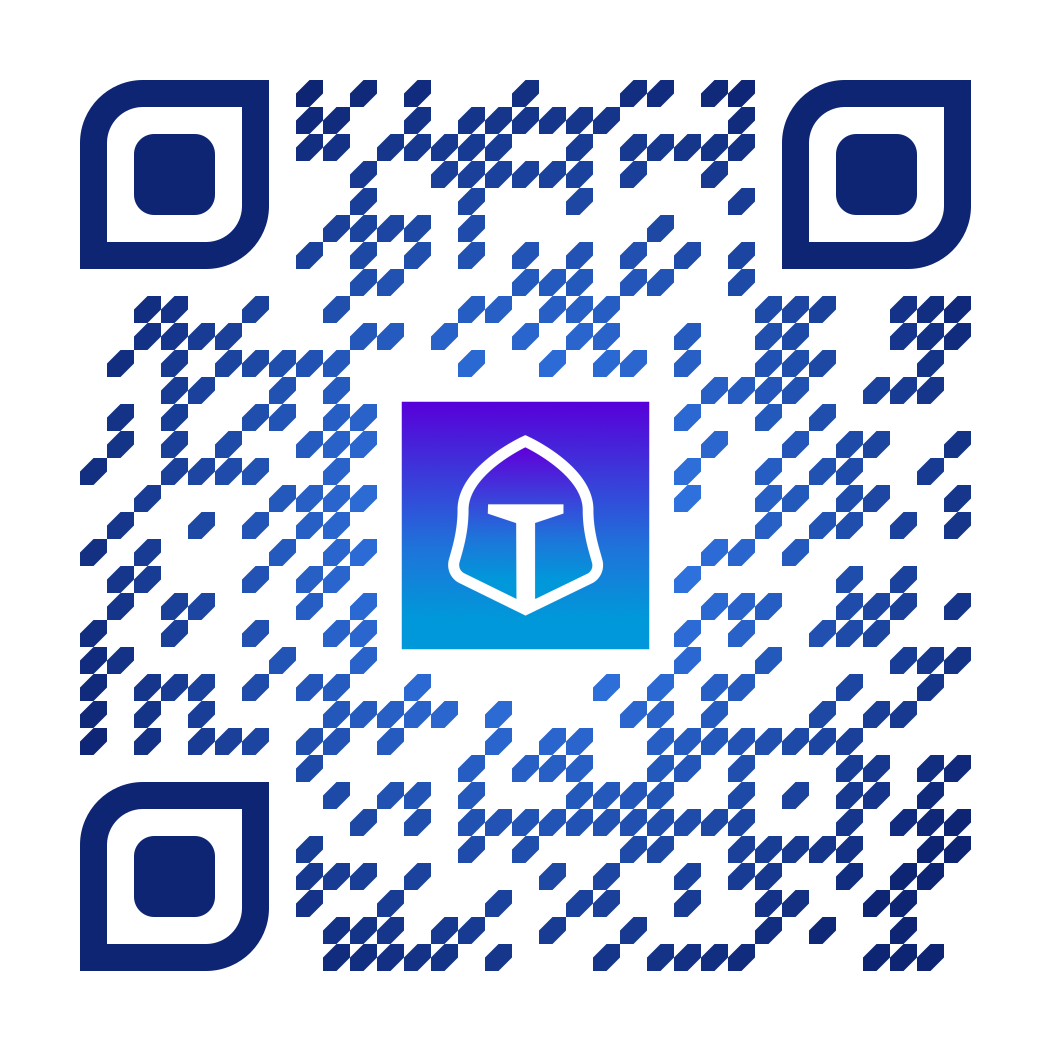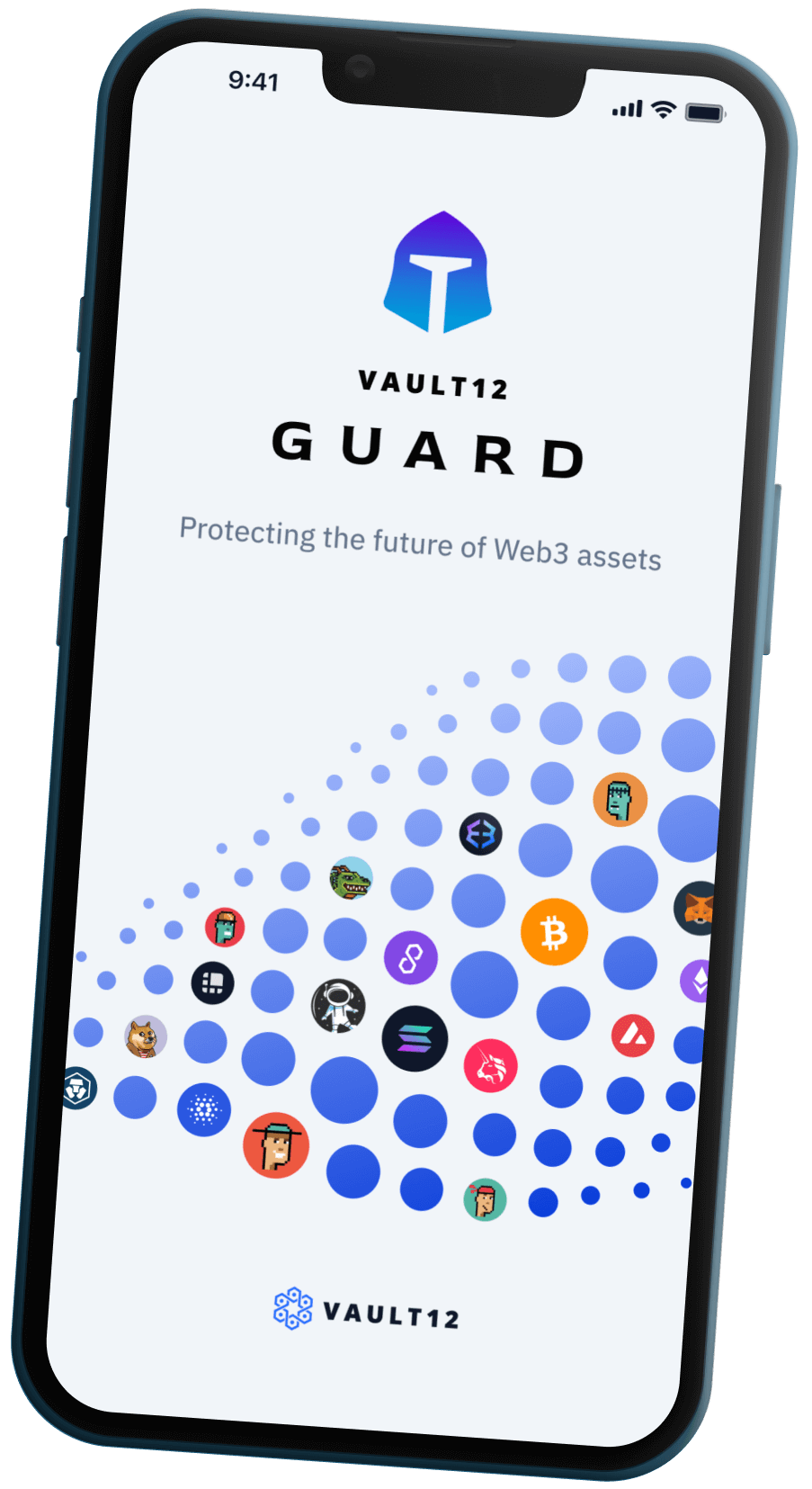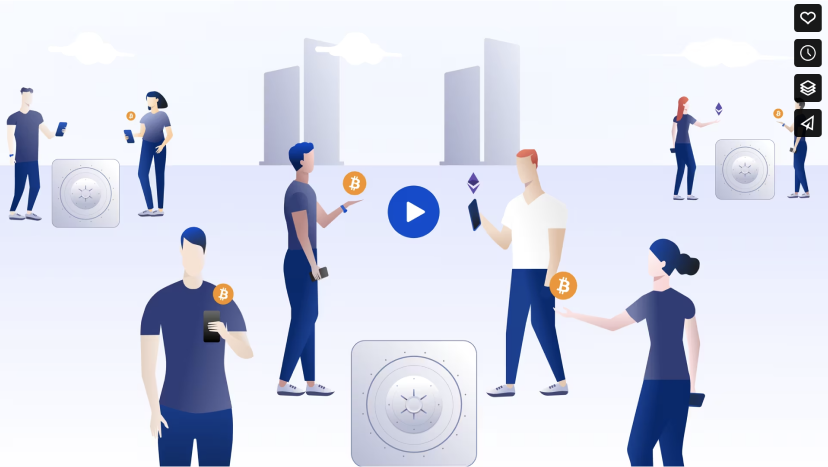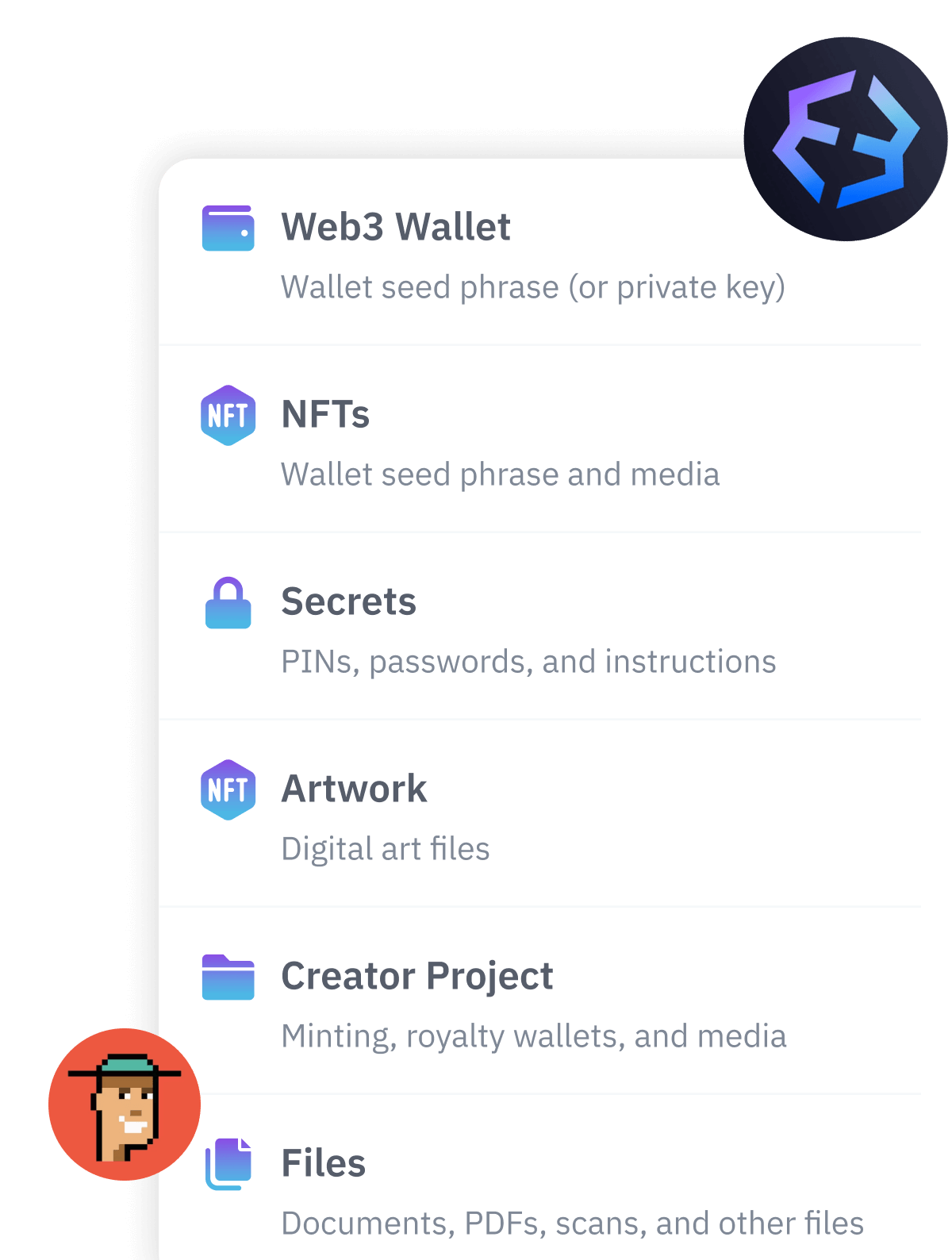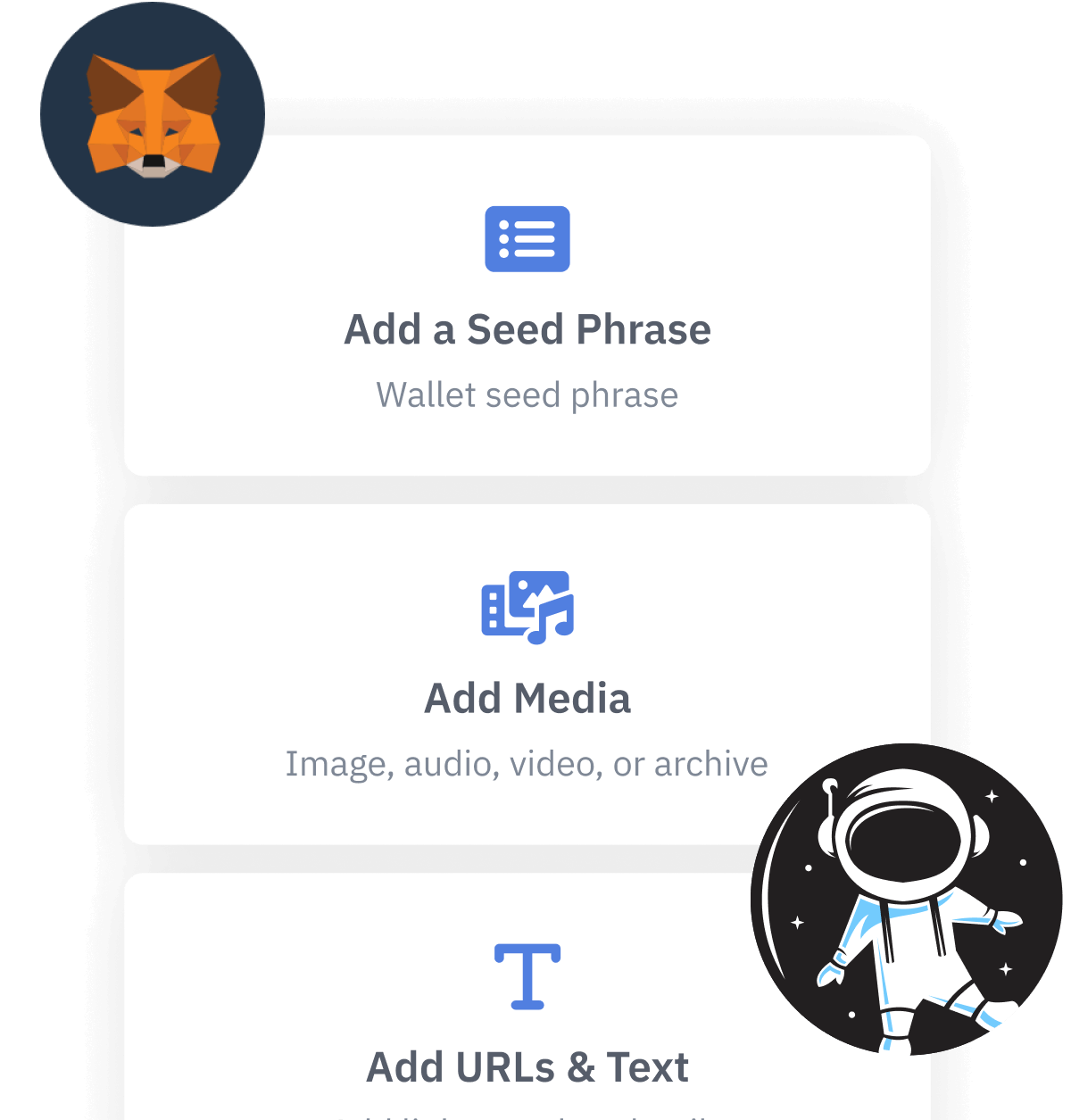Contents
Quantum Supremacy: Is it a real threat?
What is Quantum supremacy and should I be worried?
What Is “Quantum Supremacy” and Why It Sounds Scary
“Quantum supremacy” refers to the point where quantum computers outperform classical ones at specific tasks. While this sounds abstract, the potential consequences are very real — especially for cryptography. Quantum algorithms like Shor’s could, in theory, break RSA and elliptic curve cryptography (ECC), the backbone of internet security. Grover’s algorithm can also weaken symmetric encryption by reducing brute-force resistance.
Because cryptocurrencies like Bitcoin and Ethereum rely on ECC (e.g., ECDSA for digital signatures), they often get singled out as vulnerable targets in media coverage (see e.g. Wired’s The Quantum Apocalypse Is Coming. Be Very Afraid). But the fear extends far beyond blockchains. If a capable quantum computer existed today, it wouldn’t just break wallets — it would compromise banks, military networks, and state secrets.
There is another serious vector known as “harvest now, decrypt later” (HNDL): adversaries today are hoarding encrypted data — such as personal, government, or corporate information — that’s unreadable now, and thus not even considered as a leak, but… it may be breakable in 5–15 years once quantum computers reach sufficient power. In other words, huge volumes of data that seem secure today could suddenly become exposed — not because it was hacked in the future, but because it was stolen and patiently stored until quantum decryption becomes feasible. Intertemporal hacking based on technological expectations becomes a reality.
In other words, quantum computing is a threat to the entire internet — not just Bitcoin.
Where the Threat Actually Stands
Despite headlines warning that “quantum is coming,” the actual machines are nowhere close to what’s needed to threaten cryptographic systems.
Today’s quantum computers have fewer than 1,500 error-prone qubits. Breaking something like Bitcoin’s ECDSA would require millions of stable, fault-tolerant qubits — well beyond current capabilities, as shown in recent analyses by cryptographers and Microsoft research.
Experts like Peter Wuille and Daniel J. Bernstein agree: quantum risk is long-term and theoretical — for now. Progress will likely be incremental, with many signs and warnings before anything existential emerges.
Meanwhile, the solution space is advancing rapidly. In 2024, NIST finalized its first post-quantum cryptography (PQC) standards: FIPS 203–205 covering lattice- and hash-based schemes. Global agencies and academic communities are already building software libraries and tools for post-quantum migration.
How Major Protocols Are Responding
The crypto world is not waiting passively. The leading protocols are already hardening against quantum threats or preparing upgrade paths.
- Bitcoin uses hashed public keys by default (P2PKH), meaning the public key is not revealed until coins are spent. This gives quantum adversaries only ~10 minutes to attack during the mempool phase — a timeframe that’s practically impossible with foreseeable machines. Here is a great recent coverage on post-quantum HD-Wallets, Silent Payments, Key Aggregation, and Threshold Signatures in Bitcoin.
- Ethereum is moving heavily into zero-knowledge proofs, which not only enhance privacy and scalability but are also more adaptable to post-quantum cryptography. Projects like zkSync, Polygon zkEVM, and Scroll are already experimenting with quantum-friendly SNARK schemes.
- Vault12 Crypto Inheritance, built on Shamir's Secret Sharing, is already quantum-resistant by design. It doesn’t rely on factorization, elliptic curves, or any number-theoretic assumptions. Instead, it uses information-theoretic security: without enough shares, no amount of classical or quantum power can recover the original secret.
Together, these protocols cover the most critical crypto infrastructure for payments, smart contracts, and long-term value protection. And all three are on track to remain secure even in a post-quantum world.
Why Shamir Secret Sharing Doesn’t Care About Quantum Computers
Shamir's Secret Sharing (SSS) divides a private key into multiple parts, requiring a threshold number to reconstruct it. A user might, for example, split a secret into 5 shares, with any 3 being sufficient to restore it.
The key strength of SSS lies in its information-theoretic security. Below the threshold, the remaining shares offer zero information about the secret — no brute force, no math trick, and no quantum algorithm can infer the key. As documented by academic cryptography, this places it entirely outside the attack range of Shor’s or Grover’s algorithms.
This makes Crypto Inheritance by Vault12 a rare example of a real-world product that is already secure against future quantum threats. It’s not waiting for standards, patches, or forks. It’s not adapting — it’s already built on quantum-immune primitives.
If more protocols adopted Shamir-like information-theoretic guarantees, the urgency of the “quantum threat” would drop significantly.
Panic Is Optional. Preparedness Is Real
Quantum supremacy is a fascinating, long-term challenge. But it’s not a reason to panic. The cryptographic world — academic, governmental, and decentralized — is actively preparing.
Bitcoin, Ethereum, and Crypto Inheritance by Vault12 each represent distinct efforts toward quantum resilience. Bitcoin is advancing toward post-quantum safety through stealth wallets, key aggregation, and threshold signature schemes. Ethereum explores ZKPs and quantum-compatible primitives. Vault12 offers a native solution using mathematically unbreakable secret sharing.
If the quantum future arrives, these protocols will be ready. Some, like Crypto Inheritance, already are.
Quantum Supremacy: Is it a real threat?
What is Quantum supremacy and should I be worried?

Wasim Ahmad
Wasim Ahmad is a serial entrepreneur and an advisor in the fields of AI, blockchain, cryptocurrency, and encryption solutions. At Vault12, the pioneer of crypto inheritance, he led private and public fundraising efforts and focuses today on expanding the Vault12 ecosystem. In addition, he is a producer of the upcoming movie 'The Bitcoin Executor'.
His crypto experience began with AlphaPoint, where he worked with the founding team to launch the world's first crypto trading exchanges. Previously he was a founding member of Voltage Security, a spinout from Stanford University, that launched Identity-Based Encryption (IBE), a breakthrough in Public Key Cryptography, and pioneered the use of sophisticated data encryption to protect sensitive data across the world's payment systems.
He has also been very involved with regulatory initiatives in both the US and the UK, providing feedback to the SEC and FCA respectively pushing for expanded momentum for innovation and startups within the regulatory frameworks of both countries.
Wasim served on the board of non-profit, StartOut, and is a Seedcamp and WeWork Labs global mentor.
Wasim graduated with a Bachelor of Science in Physics and French from the University of Sussex.

Art Krotou
Art is a crypto-security expert and researcher with serial entrepreneurship background. Having a degree in physics and experiences in multiple cutting-edge industries like fintech, secure hardware and semiconductors, and identity gave him a unique multi-faceted perspective on the problem of key management for individuals in the crypto networks and the evolution of the internet in general.
In his current work, he is specifically researching how cryptographic keys can be inherited without posing a threat to 3rd parties in edge cases. In addition, he advocates for "fault-tolerance via secrets automation". He discusses the quantitative impact of user experience factors on the uptake of non-custodial solutions.
As one of his most notable accomplishments, he co-founded and led through the early years of the company that contributed to the complex technology behind Apple's recent M-series CPUs. He is also the creator of the most friendly and aesthetically pleasing, but nonetheless super secure and fault-tolerant hardware wallet - U•HODL.
Check out his curated series of "Vault12 Learn" contributions below, and follow him on Twitter and LinkedIn for more sharp insights.
Vault12 is NOT a financial institution, cryptocurrency exchange, or custodian. We do NOT hold, transfer, manage, or have access to any user funds, tokens, cryptocurrencies, or digital assets. Vault12 is exclusively a non-custodial information security and backup tool that helps users securely store their own wallet seed phrases and private keys for the purpose of inheritance. We provide no legal or financial services, asset management, transaction capabilities, or investment advice. Users maintain complete control of their assets at all times.
You will lose your Bitcoin and other crypto when you die...
...unless you set up Crypto Inheritance today.
It's simple — if you don't worry about crypto inheritance, nobody else will — not your software or hardware wallet vendors, not your exchanges, and not your wealth managers. So it's up to you to think about how to protect the generational wealth you have created, and reduce the risks around passing that crypto wealth on to your family and heirs. What are the challenges with crypto inheritance?
- Crypto Wallets are difficult to use and do not offer crypto inheritance management. In fact, most of them tell you to write down your seed phrase on a piece of paper, which is practically useless.
- Some people back up their wallet seed phrases or private keys on paper, local devices like hardware wallets or USBs, or in the cloud. All of these options have severe drawbacks that range from hacking to accidental loss to disrupted cloud services.
- Software wallets operate on specific blockchains, yet your crypto assets span multiple blockchains. For inheritance to work, you must be able to manage inheritance across every blockchain — now and forever.
Pioneering Crypto Inheritance: Secure Quantum-safe Storage and Backup
Vault12 is the pioneer in Crypto Inheritance, offering a simple yet powerful way to designate a legacy contact and pass on your crypto assets—like Bitcoin (BTC), Ethereum (ETH) and Solana (SOL) —to future generations. Built for everyday users yet robust enough for the most seasoned crypto enthusiasts, Vault12 Guard ensures your wallet seed phrases and private keys are preserved in a fully self-sovereign manner, across all Blockchains.
At the heart of Vault12 Guard is quantum-resistant cryptography and a decentralized, peer-to-peer network of trusted Guardians. Your critical information is never stored in the cloud, on Vault12 servers, or even on local devices—dramatically reducing the risk of a single point of failure. By fusing a powerful software layer with the Secure Element of iOS devices (Secure Enclave) and Google devices (Strongbox), Vault12 Guard locks down your private keys against present and future threats.
Our innovative approach harnesses social recovery, enabling you to appoint one or more trusted individuals or mobile devices as Guardians. These Guardians collectively safeguard your protected seed phrases in a decentralized digital Vault—so there’s no need for constant lawyer updates or bulky paperwork. Should the unexpected happen, your chosen legacy contact can seamlessly inherit your crypto assets without compromising your privacy or security.
Preserve your digital wealth for generations to come with Vault12 Guard—the simplest, most secure way to manage crypto inheritance and backup.
Take the first step and back up your crypto wallets.
Designed to be used alongside traditional hardware and software crypto wallets, Vault12 Guard helps cryptocurrency owners back up their wallet seed phrases and private keys (assets) without storing anything in the cloud, or in any single location. This increases protection and decreases the risk of loss.
The first step in crypto Inheritance Management is making sure you have an up-to-date backup.
The Vault12 Guard app enables secure decentralized backups, and provides inheritance for all your seed phrases and private keys across any blockchain, including Bitcoin, Ethereum, and others, and for any crypto wallet.
Note: For anyone unfamiliar with cryptocurrencies, Vault12 refers to wallet seed phrases and private keys as assets, crypto assets, and digital assets. The Vault12 Guard app includes a software wallet that works alongside your Digital Vault. The primary purpose of this is to guard your Bitcoin (BTC) and Ethereum (ETH) wallet seed phrases, private keys, and other essential data, now and for future generations.


